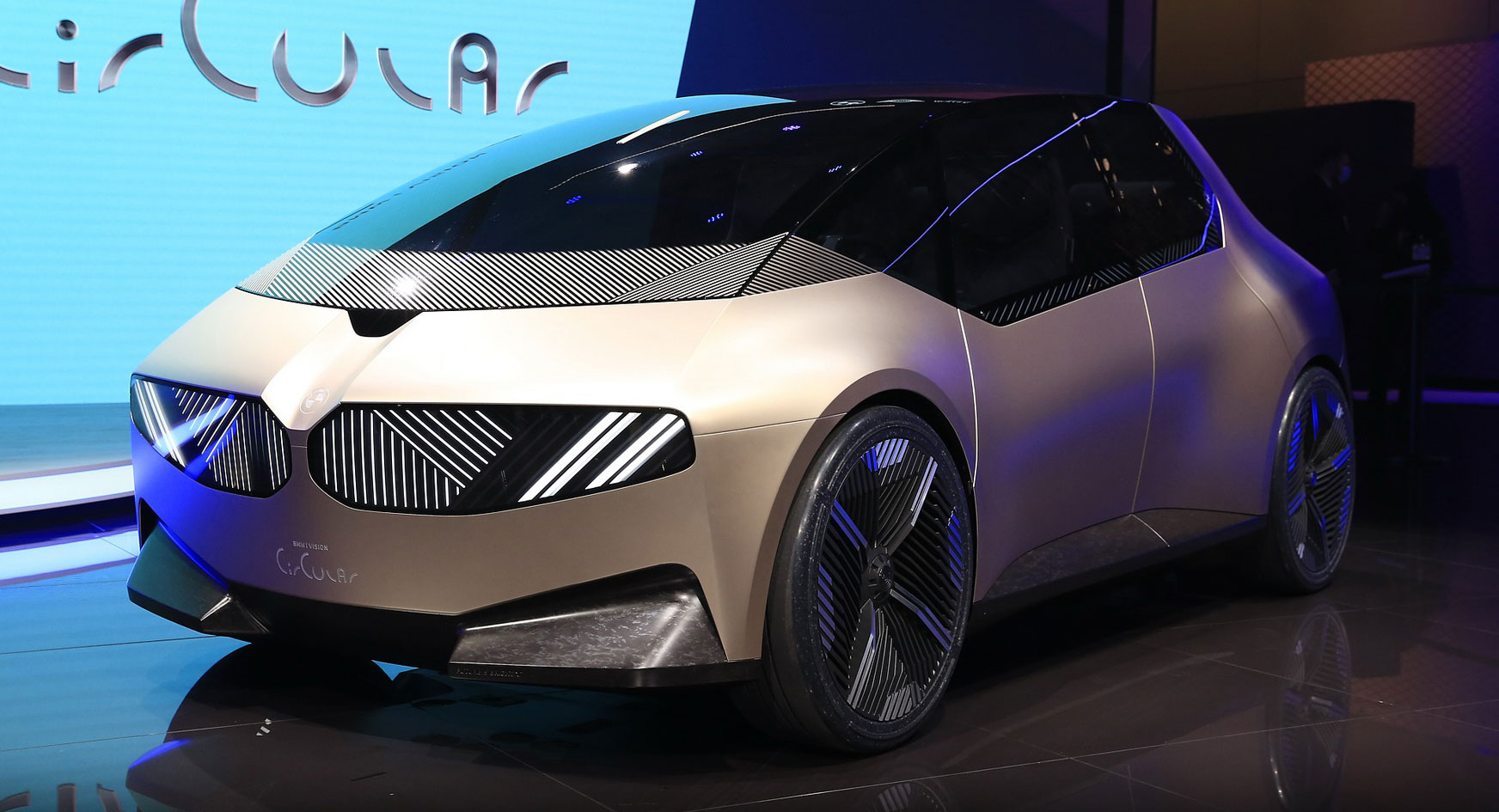Solid state batteries could really change the EV game, we’re told. They’ll be lighter, safer and charge faster, and if you listen to some carmakers’ claims, they could be on sale in around five or six years.
But now the boss of one battery tech company says the technology is still a decade away from being ready for mass production, and suggests other battery firms are raising unrealistic expectations that solid-state energy sources will be available much sooner.
“It’s crucial that leading battery developers like StoreDot give global automotive manufacturers a realistic and hype-free roadmap for the introduction of extreme fast-charging battery technologies,” said Dr Doron Myersdorf, CEO of StoreDot.
“Right now, despite some of the bullish claims by our rivals, all-solid-state batteries are still at least 10 years away. They are certainly no silver bullet for any vehicle maker currently developing fast charging electric vehicle architectures.”
Related: Nissan Moves Ahead With ‘Game-Changing’ Solid-State Batteries For 2028 Electric Cars
Current lithium-ion batteries have several disadvantages. Their usable capacity diminishes over time, they put out a lot of heat, which means they can require cooling systems that add even more weight, and because they contain liquid electrolyte they’re not stable and can catch fire or explode.
Solid state batteries replace the liquid or gel electrolyte with a solid form. The also have up to 10 times the energy density of lithium-ion batteries, meaning they’re smaller and lighter, and should charge faster, be safer in accidents and have a longer lifespan. The catch is that solid state batteries are currently difficult to produce because companies are struggling to design a solid electrolyte that is chemically inert, conducts ions well between electrodes and won’t crack from expansion and contraction during use.
Samsung claims it wants to start mass production of solid state batteries in 2025, which others in the industry think is overly optimistic. Myersdorf says that in the medium term carmakers would be wise to consider targeting semi-solid-state batteries that are easier to make, can be charged to deliver 100 miles (160 km) of driving in just three minutes and will be on the market by 2028.





